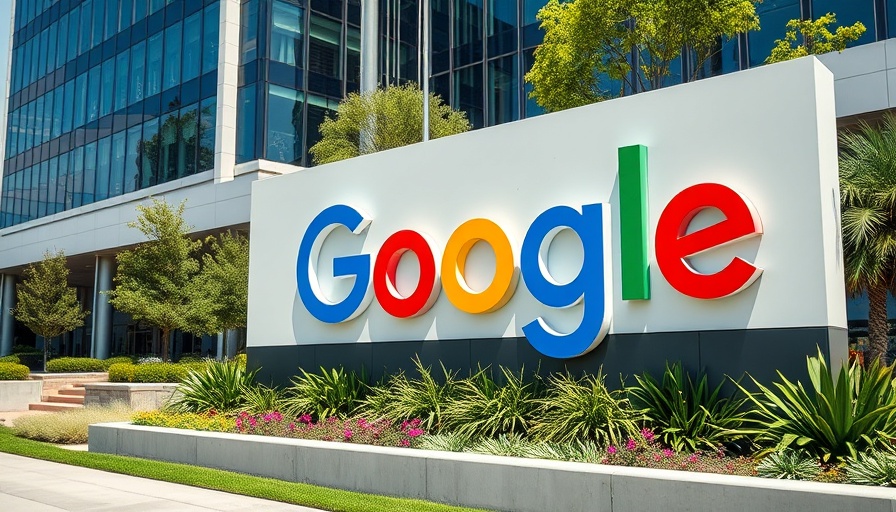
Google's AGI Race Heats Up Amidshifting Work Culture
In a bold move that captures the intensifying competition within the tech industry, Google co-founder Sergey Brin has urged employees at DeepMind to commit to 60-hour workweeks. This internal memo, shared with the team, reflects a rising trend toward longer hours and heightened productivity expectations as the company forges ahead in the race to develop artificial general intelligence (AGI).
Understanding the Sweet Spot for Productivity
Brin emphasizes that, based on his experience, a 60-hour workweek is the "sweet spot" for productivity—balancing efficiency with the risk of burnout that can come from pushing employees too hard. This recommendation is indicative of a corporate culture increasingly willing to demand greater strides from its workforce in the face of fierce market competition.
While Brin cautions against excessive overtime, the shift toward in-office work is significant as he believes physical proximity enhances communication and collaboration—key elements in fast-tracking innovation. In a world where AI advancements are occurring rapidly, this memo illustrates how companies are strategically leveraging human resources to gain an edge.
The Push for In-office Work
Brin also advocates for five-day workweeks in the office, a call to move away from hybrid or remote work models that have gained traction post-pandemic. His argument aligns with a broader trend in corporate America, where return-to-office mandates are becoming more common among giants like Amazon and JPMorgan Chase. The message is clear: for Google to regain its competitive advantage over fast-rising entities like OpenAI, a more cohesive, collaborative environment is essential.
The Implications of AGI Development
The urgency behind Brin's memo reflects a landscape where the development of AGI has profound implications across sectors, from healthcare to finance. Google aims to become a vanguard in this space; thus, the commitment to longer work hours is partly fueled by the desire to ensure that their AI models and internal tools are developed swiftly. Brin's belief that Google possesses the necessary assets to lead highlights the stakes at play in this technological arms race.
Balancing Demands with Well-being
There remains a palpable concern regarding the potential for burnout as pressures increase within corporate structures. While Brin values productivity, the conversation surrounding employee well-being is equally critical. As firms begin to place higher demands on their staff, it is important for leaders to monitor workloads and promote a sustainable work-life balance, particularly in high-stakes environments like AI development.
Final Thoughts: The Human Element in AI
As corporations shift strategies and hybrid work models, the long-term success of AI advancements will be contingent not only on technical prowess and innovation but also on the dedication and well-being of the workforce. Companies like Google must navigate this landscape carefully to maintain morale while pushing for breakthroughs. For AI enthusiasts and professionals, these dynamics present both challenges and opportunities as we witness the continuous evolution of work culture within the tech industry.
 Add Row
Add Row  Add
Add 




 Add Row
Add Row  Add
Add 

Write A Comment